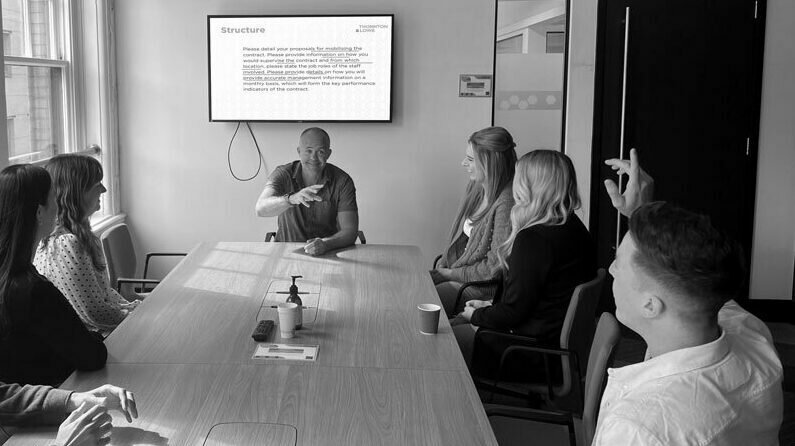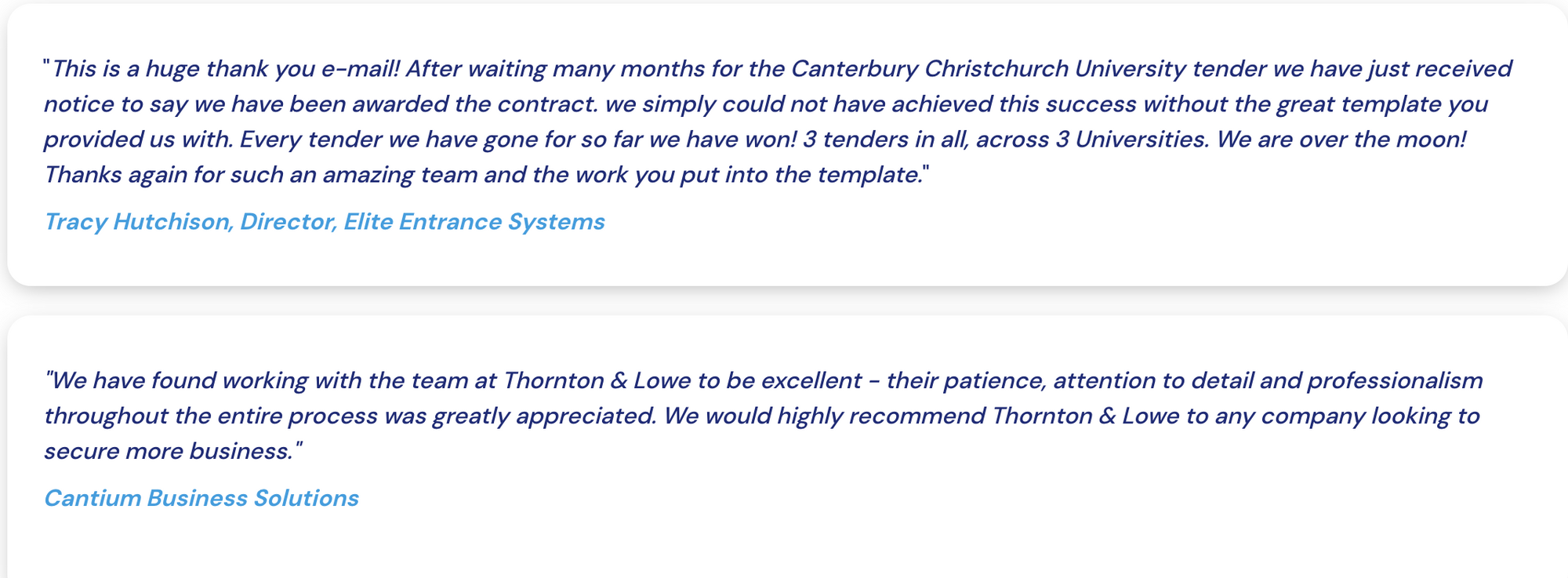Role and Importance of SMEs in Bidding and Tendering
Subject Matter Experts (SMEs) are very important in the bidding and tendering processes. Their specialised knowledge and experience can bring a bid to life and take a 'general approach' into granular levels of detail!
They understand the technical aspects of a project inside and out. This allows them to spot potential issues and suggest innovative solutions, which often stand out to a procurement team or contracting authority who is evaluating your tender submission.
During the tendering process, SMEs can:
• Answer technical questions
• Provide accurate cost estimates
• Identify risks and mitigation strategies
• Suggest improvements to the proposed solution
Their input improves the quality and competitiveness of your bid. This increases your chances of winning contracts. SMEs may also add credibility to your proposal. Their expertise reassures clients that you have the knowledge to deliver the project successfully.
Remember, involving SMEs early in the bidding process is essential. Their insights can shape your bid strategy and win themes from the start, giving you an edge over competitors. It will also save making lots of changes at the bid review stage! They can often influence your tender pricing strategy.

Who are Subject Matter Experts?
SMEs vary depending on the tender or specialist requirement. For a lot of small and medium-sized businesses (the other SME acronym), subject matter experts can often be company directors. Quite often they are seen as consultants or a specific role, when in bidding this is rarely the case.
Here's 24 job titles who could be an SME for your bid:
Directors | Managers/Advisers | Specialists/Consultants |
|---|---|---|
Business Director | Project Manager | Technical Specialist |
Contract Director | Operations Manager | Environmental Specialist |
Operations Director | Engineering Manager | IT Consultant |
Financial Director | Quality Assurance Manager | Marketing Specialist |
Procurement Director | Logistics Manager | Risk Management Consultant |
Sales Director | Human Resources Manager | Legal Counsel |
Marketing Director | Construction Manager | Healthcare Consultant |
Technical Director | Compliance Officer |
You may also find a Technical Bid Writer has significant subject matter expertise.
Criteria for SME Selection
In most businesses, who to choose as SMEs for your tender is a very natural decision because they are heavily involved in the business. A mix of technical expertise and communication skills can be helpful.
Key SME selection criteria include:
- Proven track record in the specific field. This could be in your product or service or the type of organisation you are bidding into, such as NHS or Social Housing, for example
- Up-to-date knowledge of industry trends, such as the Procurement Act
- Ability to explain complex concepts clearly to support others on the project, including bid writers!
When working in a large business it can be helpful to create a skills matrix to match SME expertise with bid requirements.
Identifying the Need for SME Involvement
Knowing when to bring in Subject Matter Experts (SMEs) can be built into your bid writing or tender management process.
Start by reviewing the tender documents and specification carefully. Look for complex technical requirements or where further expertise is needed. Flag any areas where your team lacks in-depth knowledge. Doing this across the tender can let you create your bid solution and plan by using the specification.
Consider these questions:
- Are there specialised technologies mentioned?
- Does the project require industry-specific compliance?
- Are there unique challenges that need expert input?
- Do we understand all the likely contract challenges and risks?
If you answer "yes" to any of these, it's time to bring in SMEs.
Looking for a bid consultancy partner?
Contact us todayKnowledge Management and Transfer
You don't want to lose the value subject matter experts can bring to your bid management. It's therefore important to consider their role not just as providing technical information but sharing it, mentoring and up-skilling others in the business. This can include transferring knowledge within organisations.
SMEs often mentor junior staff, lead workshops, and give presentations to spread their know-how.
SMEs support knowledge management and sharing via:
- Writing technical documentation
- Creating training CPD sessions
- Reviewing and validating content as part of quality assurance
- Answering questions from colleagues
- Asking key clarification questions
As experienced staff retire or leave, SMEs need to work within systems to pass on their wisdom to others in the business!






